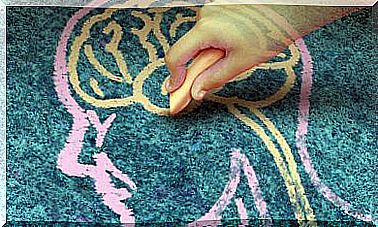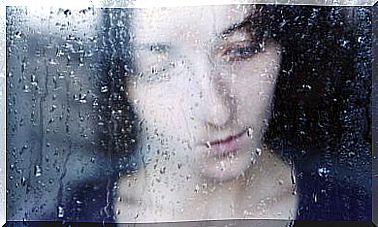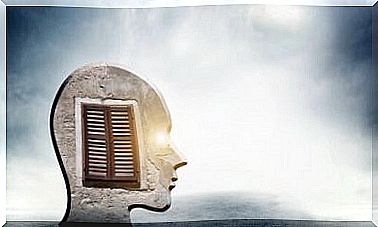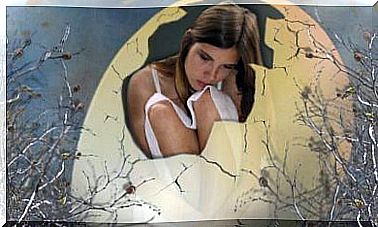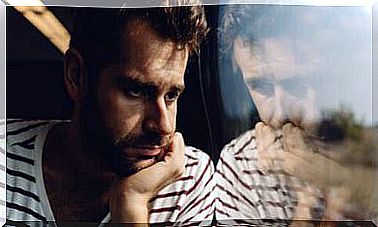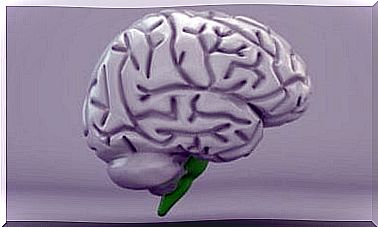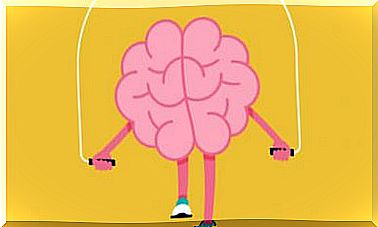Learning Is Letting Go Of What’s On
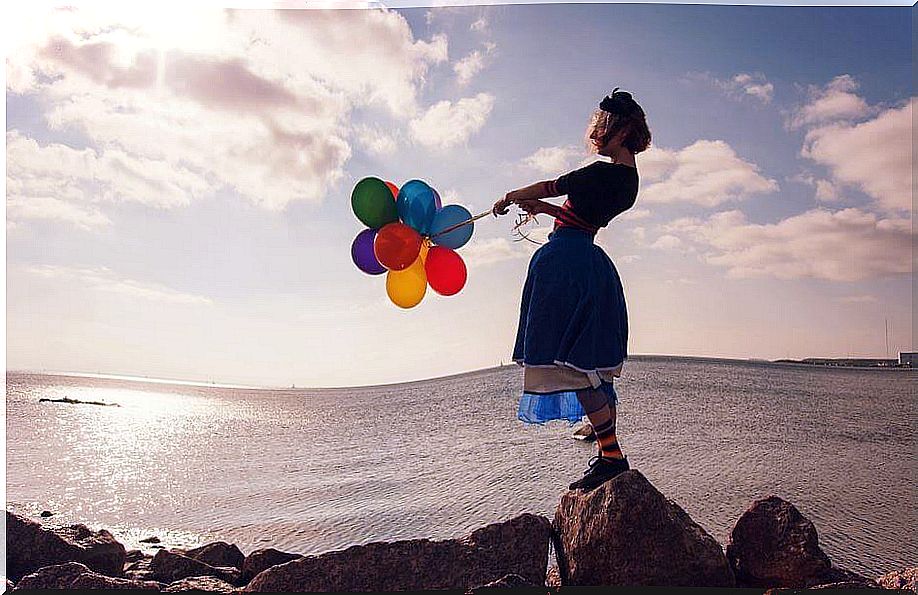
One of the great classical philosophers, specifically Plato in his theory of reminiscence, said that learning is remembering. Remember what our souls already knew and that they forgot when they fell into the cave world of the senses: in which the true is not manifested, but the shadows of the true.
To talk about this type of learning, Plato takes mathematics as a reference. It does so because in this discipline we can find statements that are validated within the mathematical world itself, without the need to go to a laboratory or measure variables that introduce uncertainty in the results. In this way, the truth would not come from the outside world but from one’s own reason, showing how the mind – or the soul in Platonic terms – is capable of producing information that can be universally validated.
Supporting Platonic insecurity, the study of perception in psychology has shown that indeed our senses are easy to fool. Especially relevant -because it is the sense that we use the most- is the innocence of our sight and of the cells that interpret the information that our brain reaches through the optic nerves.
But not only do we skate as performers, but so do some of our abilities. Without our realizing it, someone outside can take control of our attention or create the right environment for us to invent memories or in our memory to modify some details of them. Details that can have significant repercussions when modified, for example, when a witness faces a reconnaissance round.
Learning: look in, look out
Thus, Plato’s idealist was not without reason in saying that perhaps we trust too much learning understood in a classical way : a student, some elbows, a table and a manual of those that weigh, complemented by the teacher’s notes. In a more naturalistic way: look around us and observe, synthesize and conclude.
From the classical philosophers and their love for reflection comes the Greek aphorism ” Know yourself “, (which in classical Greek is γνῶθι σεαυτόν, transliterated as gnóthi seautón ), which according to Pausanias was written in the pronaos of the temple of Apollo at Delphi. These three words are still the basis of many self-help manuals that today adorn the windows of bookstores.
Whether this is a valid learning or not, what this inscription attributed to so many philosophers does pose is a different type of learning. Because of how synthetic it is, we might think that it tells us that what we have to do is know ourselves as we do with a romantic partner, to love and love each other.
Another more pragmatic interpretation would be the one that talks about exploring our limits, to fully exploit our capacities. In any case, at no time does it relegate the senses, it does not say that this learning cannot take place in the cave from which Plato wanted us to come out.
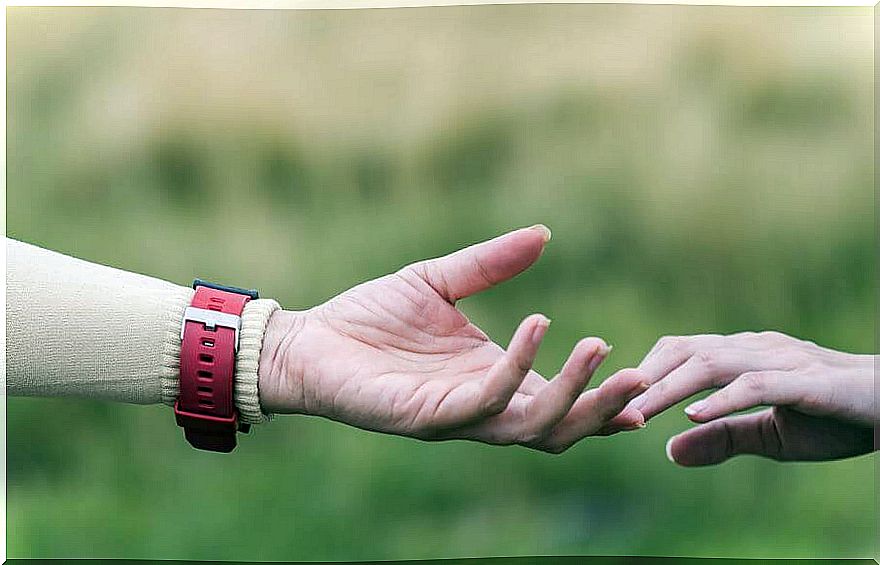
Learning is letting go of what’s on
Another form of learning is one that has to do with undressing. Not in an erotic sense, although the initially lazy process cannot be surrounded, once undertaken, with a certain pleasure. It is about learning as the abandonment of what has been turned on. It would be an apprenticeship as a search for what we have left over. Far from being an archaic way of understanding learning, some of the so-called “third generation therapies” are partly in this perspective.
We are talking about identifying those programming, such as coping styles, that are systematically at the base of our errors and that act in a limiting way. What is “released”, away from the cognitive world, can also be feelings, such as resentment: that unmanifested and guarded anger that constantly hits us, knocks us down and fills our eyes with tears. Finally, they can also be people who do us no good.
On the other hand, the approach to learning in these terms reminds us of something that accompanies our human condition and that is said a lot about young children: we are sponges. In other words, we can assimilate knowledge in an active way, but that does not stop us from assimilating another large pile of elements in a passive way and without necessarily having consciousness in it. Thus, we can say that a lot of knowledge sticks to us, both desirable and undesirable.
It is precisely the examination of this knowledge and the elimination or discarding of the bad ones that this way of learning aims to do. By practicing it, we enrich even more the writing that some philosopher left centuries ago in the temple of Apollo and, incidentally, our lives.
